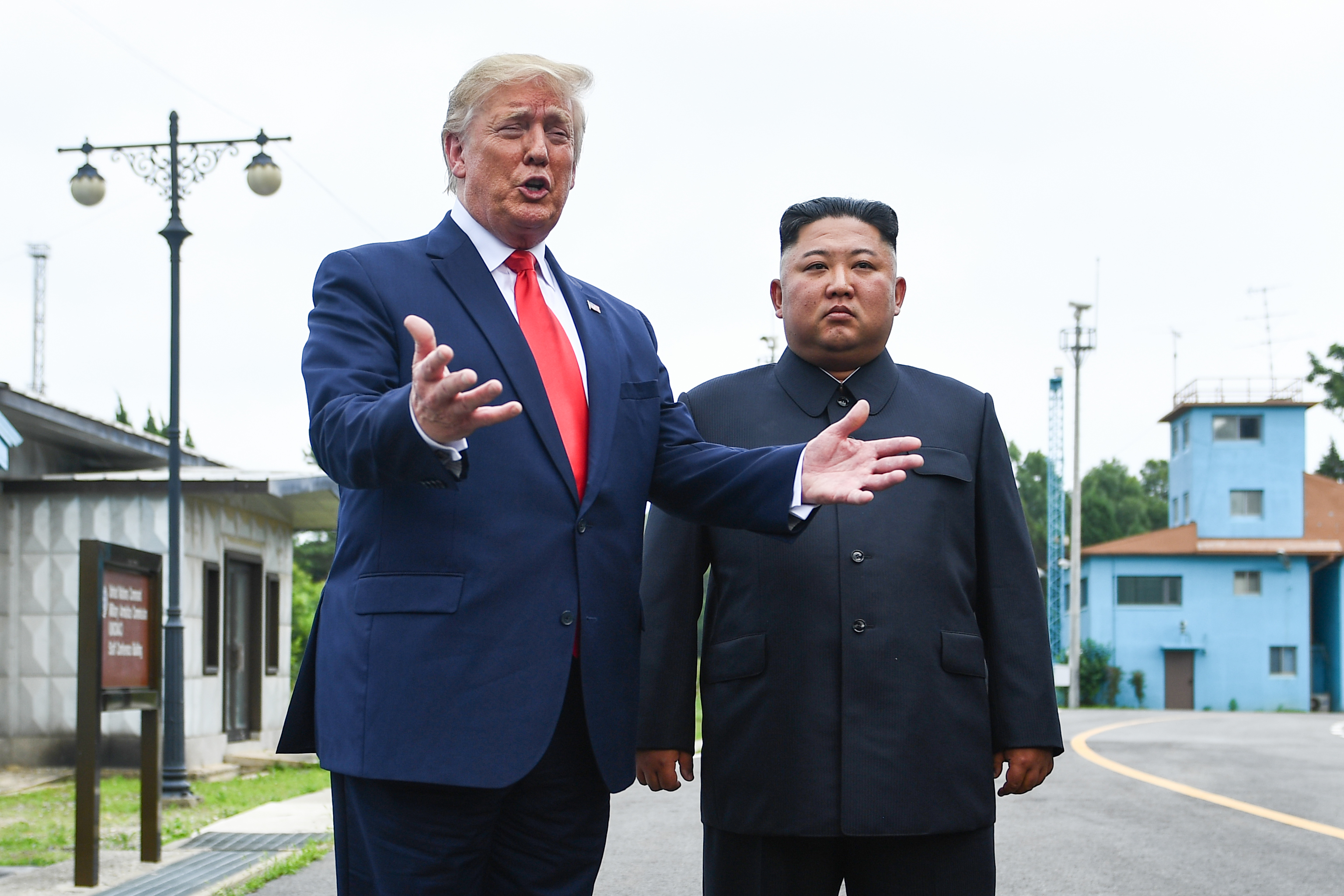The purported 2019 effort would prove an intelligence failure, but the White House and Pentagon have rarely discussed SEAL Team 6 operations publicly.
Why it matters
- The 2019 mission highlights potential gaps in intelligence that could jeopardize national security.
- Limited public discussion about SEAL Team 6 operations raises questions about transparency in military actions.
- The implications of this operation may affect future strategic decisions regarding North Korea.
In 2019, a covert operation involving SEAL Team 6 aimed at North Korea has surfaced, revealing a significant intelligence oversight that has seen little public discourse from the White House or the Pentagon. The mission, intended to gather crucial information on the regime's nuclear capabilities, has been deemed an intelligence failure, raising concerns about the effectiveness of U.S. military operations in the region.
The mission was part of a broader strategy to assess North Korea's military ambitions, especially amidst ongoing tensions and diplomatic negotiations. However, details surrounding the operation remain scarce, as high-ranking officials have seldom addressed the specifics of SEAL Team 6's actions in public forums. This lack of discussion has led to speculation about the nature and outcome of the mission, with many questioning whether the objectives were met or if the operation was ultimately in vain.
SEAL Team 6, known for its elite status and pivotal role in high-stakes missions, has often operated under a veil of secrecy. This tradition of confidentiality is necessary for the protection of operatives and the integrity of missions. Yet, the absence of transparency regarding this particular operation has sparked debate over the accountability of military decisions and the importance of keeping the public informed about significant national security matters.
Experts in military strategy have expressed concern that the failure of the 2019 mission could reflect broader issues within U.S. intelligence operations. The inability to effectively gather actionable intelligence from such a high-risk environment suggests potential flaws in the assessment and execution phases of military planning. As geopolitical tensions with North Korea continue to escalate, the implications of this failure could resonate in future military and diplomatic engagements.
Moreover, the ramifications of the 2019 operation extend beyond intelligence failures. The secrecy surrounding the mission might hinder the development of robust strategies moving forward. With North Korea’s nuclear threat remaining a pressing concern, the lessons learned from this incident could be critical in shaping how the U.S. approaches similar operations in the future.
The lack of detailed information regarding the mission also raises questions about the military’s communication strategies. In an age where the public demands more accountability and transparency from government actions, the reluctance to discuss SEAL Team 6 operations may not align with contemporary expectations for openness. As military engagements increasingly draw public scrutiny, officials may need to reassess their approach to communicating about such operations to foster trust and understanding between the military and the public.
In light of these developments, the Biden administration is faced with the challenge of addressing the fallout from this intelligence failure while ensuring that future operations are better informed and executed. Policymakers must take into account the lessons learned from the 2019 mission to refine strategies that effectively address the complexities of North Korea's military ambitions.
As the situation evolves, the importance of intelligence gathering and operational success cannot be overstated. The 2019 SEAL Team 6 mission serves as a critical reminder of the stakes involved in military operations, particularly in a region as volatile as the Korean Peninsula. Moving forward, the U.S. must not only enhance its intelligence capabilities but also engage in more transparent discussions about military operations to maintain public confidence and support for its national security strategies.











